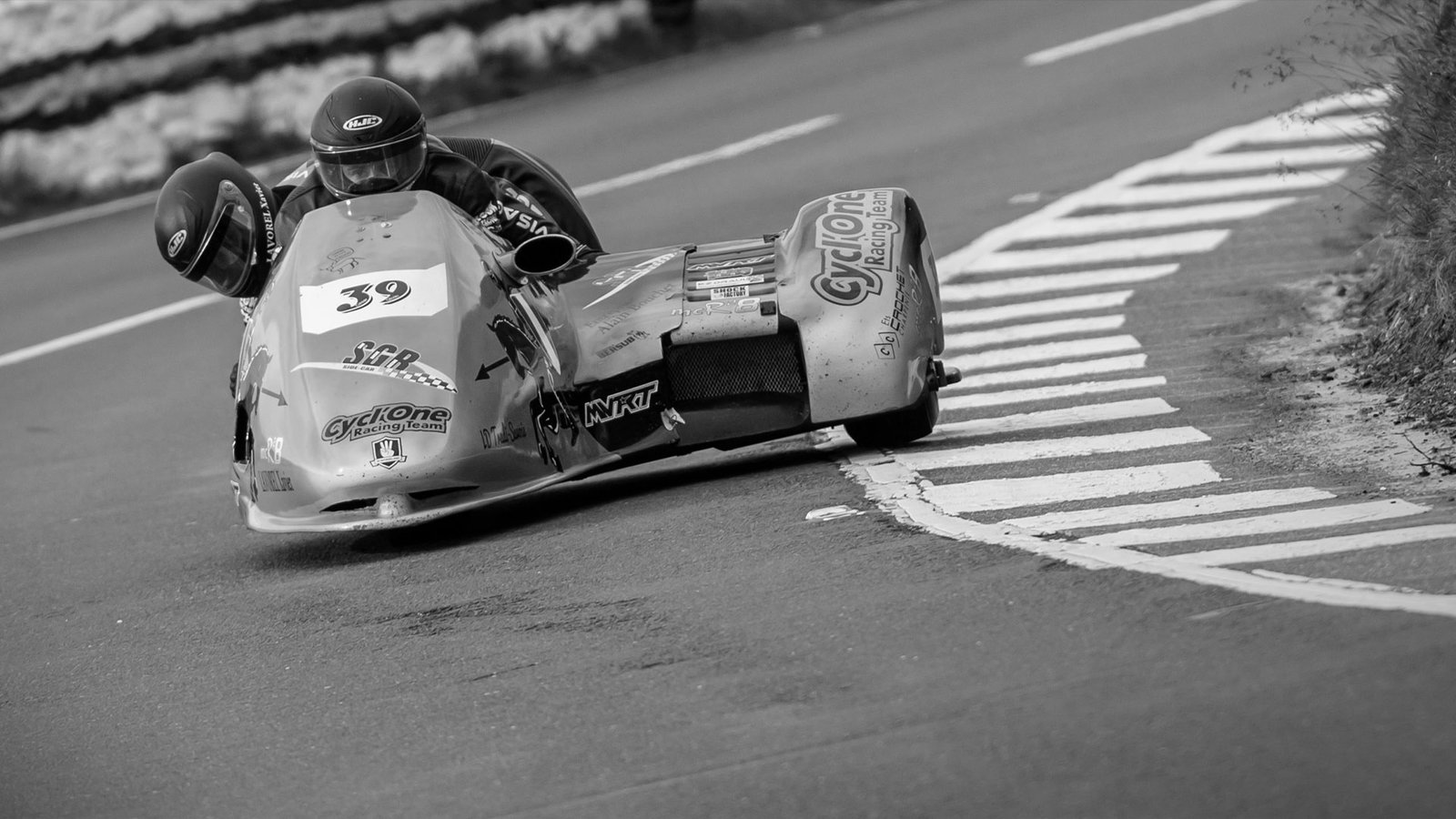The majority of world-class sporting events include a women’s division or run a parallel division for women. It was long overdue that the Tour de France had a proper edition for women. And it should run for longer.
The Tour de France was first celebrated in 1903 and it was until 1955 that a female edition was held, with a five-stage organized with Jean Leulliot, won by Millie Robinson (IOM). It had symbolic prizes and only 41 riders but it could have been the start of a long-lasting event. It was, however, discontinued.
The Tour did have a parallel race from 1984 to 1989 when some commentary had it that women would not be able to complete the race, but they did. Marianne Martin (USA) won the first edition, Maria Canins (ITA) the next two, and Jeannie Longo (FRA) the last three. Martin said that she eventually retired with debt to fund her cycling career.
A lead change in the Société du Tour de France that claimed it did not consider women’s cycling financially feasible scraped the race, and instead, a secondary race took place from 1990 to 1993. An independent organization ran the Grande Boucle féminine from 1992 to 2009.
After some pressure from female riders such as Marianne Vos (NED), Kathryn Bertine (USA), Emma Pooley (ENG), and Chrissie Wellington (ENG) garnered support so that a women’s race be held with the same stages. ASO did not exactly answer the call but they held one-day day and two-day word-class events instead.
Last Sunday could be a turning point in women’s cycling history. Before the men’s Tour de France held its final stage in Paris, the Tour de France Femmes took off to start their race.
This race was unlike the 1980’s editions in that it just ran for a full week instead of an actual full course around France. Nonetheless, it was a success. It provided good sporting action, a global broadcast, and brought sponsorship from household global companies/startups that also made it possible for this race to have the largest prize money in women’s cycling.
When Marianne Vos, perhaps the greatest female cyclist of all time, won the second stage and put on the yellow jersey for the overall classification, the tears in her eyes were visible. It was only fitting to see her with the yellow jersey for five days until Annemiek van Vleuten (NED) -last year’s World Tour points leader, inherited it and won the last two stages to win this historical event.
The original dream by Vos and the rest, however, has been to have a full-length Tour de France. Indeed, the logistics of such as large event are complicated and such a plan needs to make a financial plan. After this year’s edition, it is intuitive to think it can work and should be created. Hopefully, this was a test to make it happen in the very short term.




